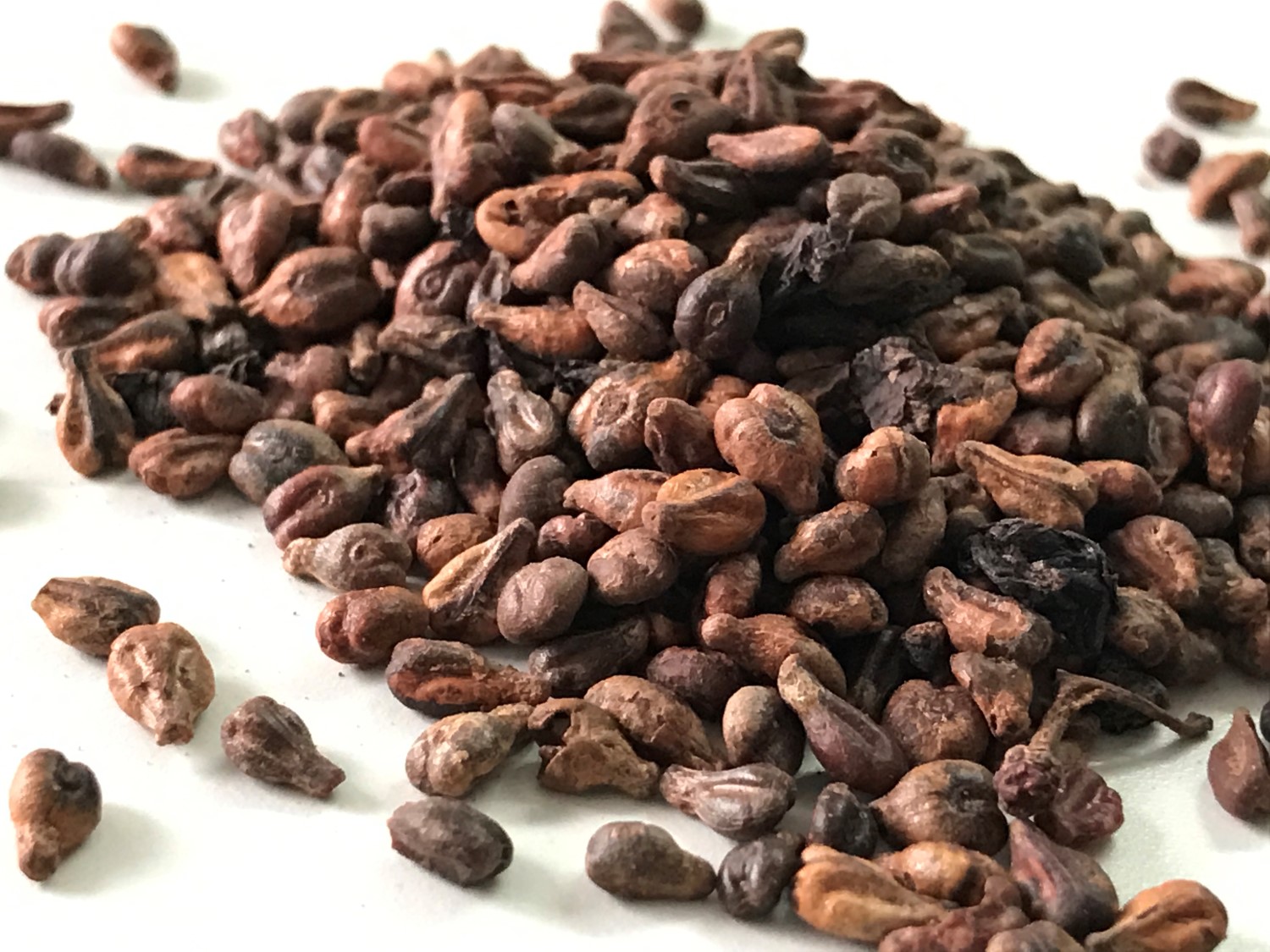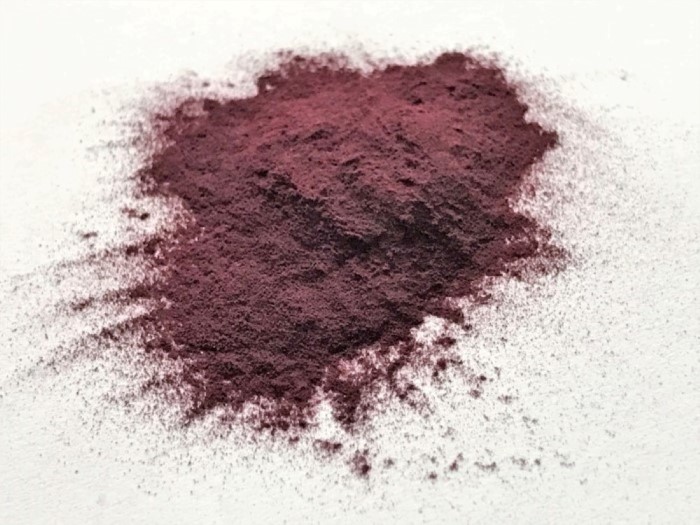
Grape extracts (Part III), analysis of its antibacterial function.
We conclude our series of articles dedicated to grape extracts revealing one of their most unknown properties of this fruit: its role as an antimicrobial agent.
In our previous articles, we have talk about the ability of grape extracts to stop atherosclerosis, as well as the appearance and spread of cancer cells (Part I). We have also explained the effectiveness in treatments against varicose veins (Part II). And today we are going to talk about their action as food preservative and their antibacterial activity in gastrointestinal and odontological infections.
The basis is the same that explains the antioxidant and vasodilator functions of grapes: the phenolic compounds. Numerous studies prove the antifungal properties of the polyphenols present in this fruit.
This specific property can be applied in food since bacteria, molds and yeasts are the main cause of degradation, as we explained in an article dedicated to the conservation of food.
On the other hand, the studies have demonstrated the particular capacity of grape extracts to stop the growth of certain bacteria that act against the organism through foods that contain them. In particular, E.coli and Listeria monocytogenes.

Grape extracts can be used in nutraceuticals applications and in the food industry.
Antibacterial function in the body
The same happens with bacteria that inhabit the human body due to other causes or contagion.
The Spanish Research Institute of Food Sciences (CIAL) published in 2015 a study on the benefits of polyphenols against the bacteria Helycobacter pylori and Campylobacter jejuni, both responsible for most ulcers and some types of gastroenteritis.
Finally, we stand out its action against the bacteria that cause dental infections such as caries and periodontitis (a disease that attacks the bony support of the tooth and, consequently, causes the loss of teeth).
The application of grape extracts in daily oral hygiene products helps prevent these processes, according to studies.
As a conclusion, it should be noted that polyphenols act as a defense barrier against microorganisms present in any organic matter. A singular case is that of dead trees, in which the high concentrations of tannins in the wood help to prevent the collapse of the trunk due to attacks of fungi and pathogenic bacteria.

The tannins of the grape act against pathogenic microorganisms.
The importance of the extracts
When we talk about preventive treatments, the intake – in this case of grapes – is insufficient. It would be necessary a high consumption of grapes to achieve its benefits. So, the only way to obtain an effective result is through extracts.
As we explained in another article, extracts isolate and concentrate the concrete plant actives we desire to apply them into pharmaceutical or nutraceutical formulas.
Do you want to know more about grape extracts? Click here to obtain the technical sheet. Or contact us and we will study the possibilities of this product for your business.
Do not miss our previous articles about grape extracts:
Times for harvest and new nutraceutical products. Grape Extracts (Part I)
Grape extracts (Part II), an effective treatment against varicose veins.
REFERENCES
- Evaluation of peanut skin and grape seed extracts to inhibit growth of foodborne pathogens. Jason Levy, 1 Renee R. Boyer,corresponding author 1 Andrew P. Neilson, 1 Sean F. O’Keefe, 1 Hyun Sik S. Chu, 1 Robert C. Williams, 1 Melanie R. Dorenkott, 1 and Katheryn M. Goodrich 1. Food Sci Nutr. 2017 Nov; 5(6): 1130–1138. Published online 2017 Aug 31. doi: 1002/fsn3.503
- Antimutagenic and antioxidant properties of the aqueous extracts of organic and conventional grapevine Vitis labrusca cv. Isabella leaves in V79 cells. Trindade C1,2, Bortolini GV3, Costa BS3, Anghinoni JC3, Guecheva TN1, Arias X4, Césio MV4, Heinzen H4, Moura DJ5, Saffi J5, Salvador M3, Henriques JA1. J Toxicol Environ Health A. 2016;79(18):825-36. doi: 10.1080/15287394.2016.1190675.
- Efficacy of grape seed extract gel in the treatment of chronic periodontitis: A randomized clinical study. Rayyan M1, Terkawi T2, Abdo H3, Abdel Azim D3, Khalaf A2, AlKhouli Z2, Meziad M2, Alshamma’a M2, Abu Naim H2. J Investig Clin Dent. 2018 Jan 18




